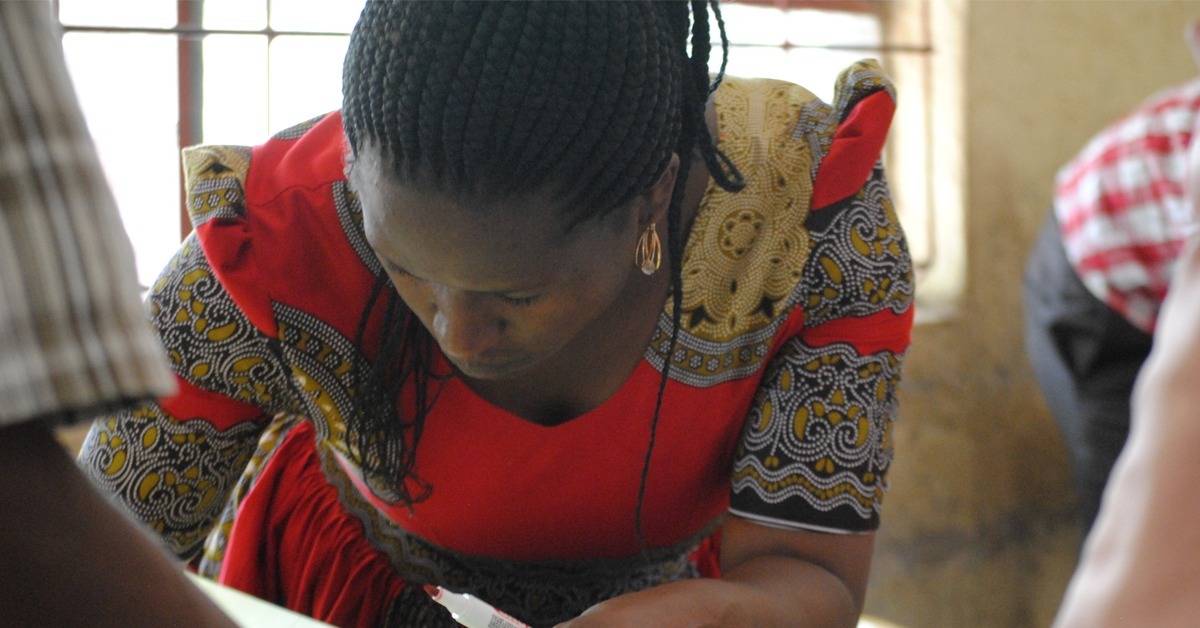In North Tanzania Felm is supporting PITA project, which aims at creating practical models of teaching environmental education through a so-called multidisciplinary approach, which means that environmental topics are taught through all compulsory subjects. We have 24 schools and about 11 000 students in them.
In 2019, water was selected as the annual environmental topic.
Teachers and students of PITA project schools prepared multidisciplinary study units based on the topic of water. This activity increased cooperation between teachers of different subjects, and increased teachers’ and students’ understanding of the interconnectedness of different school subjects.
Back in 2018, Leki Secondary School was very disappointed to be ranked the 15th school among 24 PITA schools in the multidisciplinary study unit experiment. However, it seems that the disappointment became a motivating factor for the school.
”The whole concept of multidisciplinary approach was quite difficult for us to understand, it was something totally new”, Bernad Mbise, Head of Leki Secondary School explains.
”But in 2019, we received more explanations from the PITA team, and of course we had learned during the previous year. So, we wanted to try again and to reach better results.”
Leki teachers decided to conduct the experiment with the Form 3 class. So, all subject teachers had to select a topic of their own subject, related to the topic of water. Teachers of different subjects worked together which was a new experience for them.
History teacher selected the topic of colonial social services, especially the distribution of water during colonial time. Geography teacher prepared himself to discuss the function of water in the soil. In Mathematics, the teacher decided to link the topic of statistics to the task of interpreting the mean obtained from a set of data of water used daily in the school. English and Kiswahili teachers taught how to write expository compositions, the title of the essay being about water.
Even other preparations went on, for instance the preparation of teaching aids such as a model of water harvesting. When the preparations were done, the teachers were ready to start with the experiment.
”The students were surprised to see teachers entering the classroom together and sharing the teaching of the topics. It was very rewarding”, Bernad Mbise says, and continues: ”In fact the students asked us to continue with the team teaching method after the week of our experiment.”
Beyond their expectations, the multidisciplinary experiment report of Leki Secondary School was assessed to be the best one among all the reports from 24 PITA project schools. Leki Secondary School was announced to be the winner of the 2019 Multidisciplinary Study Unit Experiment.
On Friday 5th of June we celebrate World Environment Day.
Text: Katri Niiranen-Kilasi and Peter Luhwa
This work is funded by the Ministry for Foreign Affairs of Finland.

